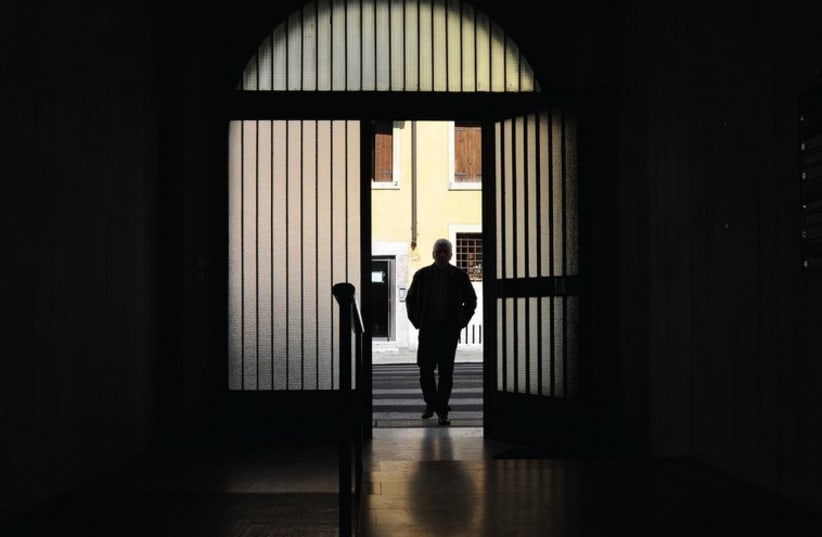Dutch leadership accused of ignoring Rabbi sex abuse
The allegations against Levine were first made by Meyer Seewald, who went on to establish the Jewish Community Watch organization, while a second victim subsequently came forward with similar claims.
